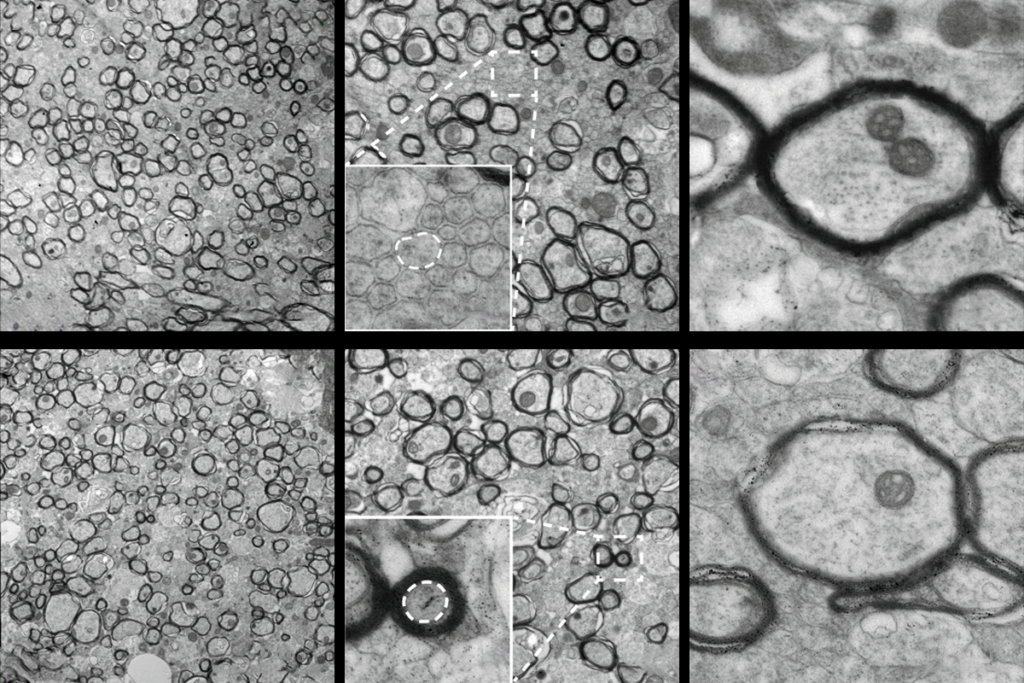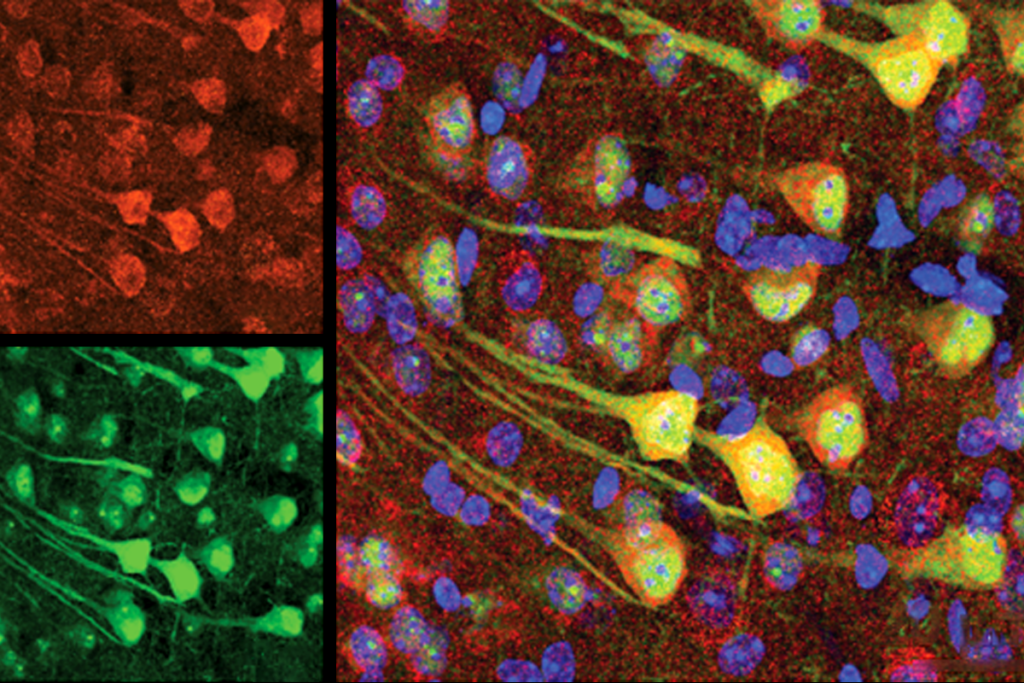- Autistic adults have higher blood levels of fatty-acid metabolites, on average, than non-autistic adults. Autism Research
- Many autism-linked genes encode immune-system proteins that contribute to neuronal and synaptic plasticity during development, according to a review. Brain, Behavior, and Immunity
- The study of animal vocalizations has undermined past views of language as a uniquely human trait. The New York Times
- In mice missing the MECP2 gene — a model of Rett syndrome — loss of the MECP2 protein leads to changes in the proteome of cells throughout the body and appears to converge on lipid metabolism and mitochondrial function. Human Molecular Genetics
- Two people in conversation move in response to each other; the one who leads the movements is more likely to make a positive impression on outside observers, unless the leader is autistic. Scientific Reports
- Autistic children are more likely to have esophagitis than their non-autistic peers or those with a developmental disability are. Journal of Pediatrics
- Among people with fragile X syndrome, those with more severe autism traits have more difficulty with adaptive behavior and higher blood levels of CYFIP1 mRNA than those with less severe traits. International Journal of Developmental Neuroscience
- Alpha-Missense is a new artificial-intelligence tool based on AlphaFold that predicts where disease-causing mutations are likely to occur in a protein. Nature
 Wide reach: Loss of the gene MECP2 in mice leads to proteomic changes throughout the brain and the rest of the body.
Wide reach: Loss of the gene MECP2 in mice leads to proteomic changes throughout the brain and the rest of the body. - Autistic people show similar patterns of regional brain activation during tasks designed to assess pragmatic skills and theory of mind, according to a meta-analysis of data from 35 imaging studies. Social Neuroscience
- Harvard University has created a health-care toolkit for caregivers and advocates of autistic adults and an educational course for clinicians. Adult Autism Health Resources
- Auditory processing in autistic adolescents is different from that of their non-autistic peers, and the difference is larger in those with lower IQs. Autism Research
- A new method to investigate infant attention uses naturalistic settings rather than computer-screen stimuli and reports individual differences. Developmental Cognitive Neuroscience
- Autistic adults have more chronic health issues than non-autistic adults, encompassing many organ systems in the body, according to an online survey of 2,305 people. Molecular Autism
- The prevalence of autism in a cohort of Swedish 12-year-olds is 1.1 percent; attention-deficit/hyperactivity disorder prevalence is 7.6 percent and is linked to parental obesity. Developmental Medicine & Child Neurology
- Autistic people seek friendship and community; researchers have begun documenting how non-autistic people contribute to the so-called double-empathy problem, writes author Steve Silberman. Scientific American
Fatty acid metabolites; esophagitis; auditory processing
Here is a roundup of news and research spotted around the web for the week of 25 September.
By
Jill Adams
29 September 2023 | 3 min read
tags:
Recommended reading

Microglia implicated in infantile amnesia
By
Lauren Schneider
12 February 2026 | 5 min read

Largest leucovorin-autism trial retracted
By
Claudia López Lloreda
3 February 2026 | 4 min read
Explore more from The Transmitter

Oligodendrocytes need mechanical cues to myelinate axons correctly
By
Calli McMurray
11 February 2026 | 5 min read
Modern AI is simply no match for the complexity likely required for harboring consciousness, says Jaan Aru
By
Paul Middlebrooks
11 February 2026 | 1 min read

Aging neurons outsource garbage disposal, clog microglia
By
Holly Barker
10 February 2026 | 4 min read
Cite this article:
